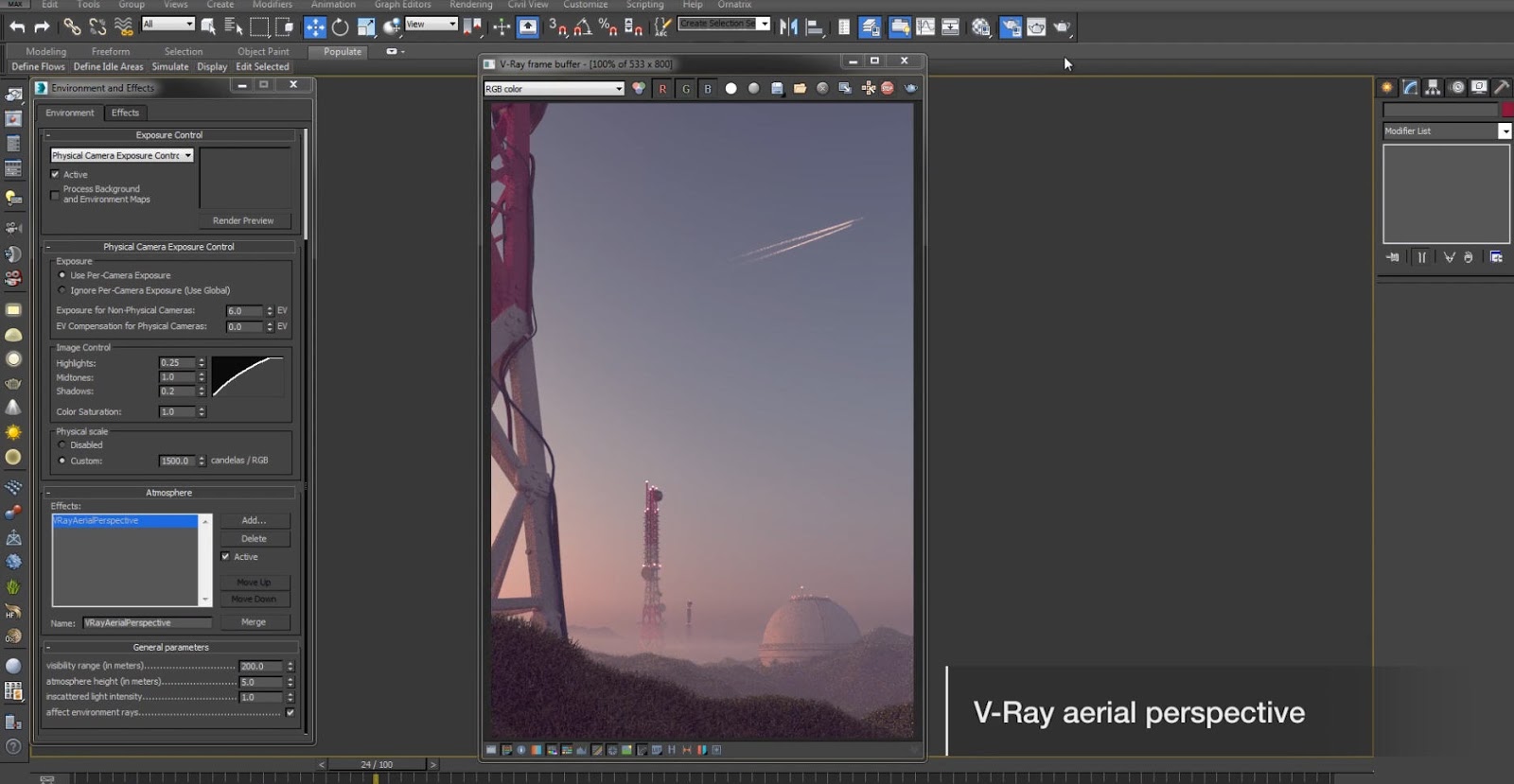
Pre-request Script – where you can place your scripts that will be executed before the request.Body – where you can place your request and commonly used in POST request.Headers – where you can set the required headers such as content-type, client_id, client_secret, etc., depends on the API configuration.It may be in the form of a username and password, bearer token, etc. Authorization – where you will pass authorization details to access an API.Params – where you can add your query parameters in key value pair.Request URL – the application endpoint that your going to access to perform testing.HTTP Method – where you can choose different methods such as GET, POST, COPY, DELETE, etc.By default, the request title would be “Untitled Request”. Request tab – This displays the title of the request you are working on.Each collection may have subfolders and multiple requests. Collections – where you can organize your requests into folders.History – where you can see the requests that you sent earlier.Invite – where you can invite your team members to work together in one workspace.My Workspace – where you can create a new workspace individually or as a team.Import – where you can import file, folder, link, paste raw text or connect to code repository.New – where you can create new request, collection, environment, mock server, API, etc.,.

Now let’s see different options available in Postman dashboard.


We will create them in the later sections. Its a typical Postman dashboard without any requests or collections.


 0 kommentar(er)
0 kommentar(er)
